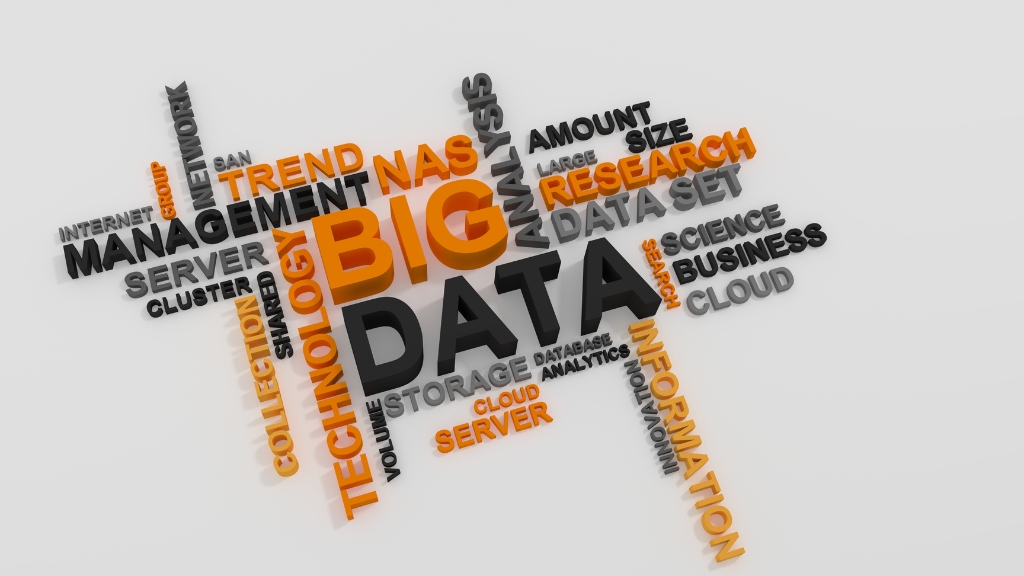
What Can I Do with a Masters in Data Analytics?
Introduction
In an era where data is the new oil, professionals adept at extracting valuable insights from complex datasets are in high demand. A Masters in Data Analytics equips you with the necessary skills to make a significant impact in various sectors, ranging from technology to healthcare, even government. If you’ve ever wondered, “What can I do with a Masters in Data Analytics?” – this post is for you.
Data Analyst in Tech Company
In the technology sector, data analysts serve as the backbone of strategic decision-making. They are responsible for collecting, processing, and interpreting complex datasets and turning these into actionable business insights.
Working in a tech company, a data analyst might be involved with:
- Product development: By analyzing user behavior and market trends, data analysts can inform the development of new features or products.
- Marketing optimization: Through analysis of marketing campaign data, analysts can help optimize strategies to reach wider audiences more effectively.
- Customer experience improvement: By analyzing customer feedback and behavior, data analysts can provide insights to improve user retention and satisfaction.
One of the success stories in this field is Google’s use of data analytics to improve its search engine algorithms, user experience, and advertising strategies.
To succeed in the tech industry, data analysts need a mix of technical skills (like programming, statistical analysis, and machine learning) and soft skills (such as communication, critical thinking, and problem-solving).
Data Analyst in Healthcare
The healthcare sector also heavily relies on data analytics to improve patient outcomes, streamline operations, and make informed decisions. In this field, data analysts might work on:
- Patient care: By analyzing patient data, analysts can identify trends and patterns that can improve diagnosis, treatment plans, and overall patient outcomes.
- Operational efficiency: By studying operational data, analysts can suggest ways to streamline processes, reduce costs, and improve hospital efficiencies.
- Clinical trials: Data analysts play a crucial role in analyzing data from clinical trials to assess the effectiveness of new treatments or drugs.
A notable example of data analytics in healthcare is how Johns Hopkins Hospital used predictive analytics to reduce surgical complications and improve patient safety.
Data Analyst in Government Sector
Data analytics also plays an essential role in government decision-making. Data analysts in this sector might work on:
- Policy-making: By analyzing social, economic, and demographic data, analysts can help shape policies that address public needs effectively.
- Public service delivery: Using data analytics, government agencies can improve public services like transportation, healthcare, and education.
- Fraud detection: Data analysts can help detect fraudulent activities, ensuring public funds are used appropriately.
In the government sector, apart from technical skills, understanding public policy, legal frameworks, and ethical considerations are crucial for a data analyst.
A significant case study is how the Centre for Disease Control and Prevention (CDC) uses data analytics to monitor disease outbreaks and guide public health policies.
Conclusion
As data continues to drive decision-making across sectors, the career opportunities for individuals with a Masters in Data Analytics are vast and varied. Whether it’s improving a tech product, enhancing patient care, or shaping public policy – the impact you can make as a data analyst is significant.
Remember, every industry has a story to tell, and as a data analyst, you hold the key to unlock these narratives. So, gear up to decode the secrets hidden in the streams of data and build a rewarding career in data analytics!
Leave a Reply
- AI in Diagnostics: Revolutionizing Early Detection and Accuracy
- How AI and Advanced Analytics Are Transforming Healthcare Outcomes
- Investing with Confidence: The Role of ROI Calculators
- How ROI Calculators Drive Data-Driven Business Strategies
- The Ultimate Guide to ROI Calculators for Business Success
- Making Sense of ROI Calculators: A Comprehensive Guide
- June 2025 (1)
- May 2025 (1)
- October 2024 (2)
- September 2024 (31)
- August 2024 (31)
- July 2024 (27)
- June 2024 (28)
- May 2024 (30)
- April 2024 (33)
- March 2024 (23)
- February 2024 (29)
- January 2024 (3)
- December 2023 (47)
- November 2023 (36)
- October 2023 (23)
- September 2023 (2)
- June 2023 (2)
- May 2023 (13)
- April 2023 (1)




